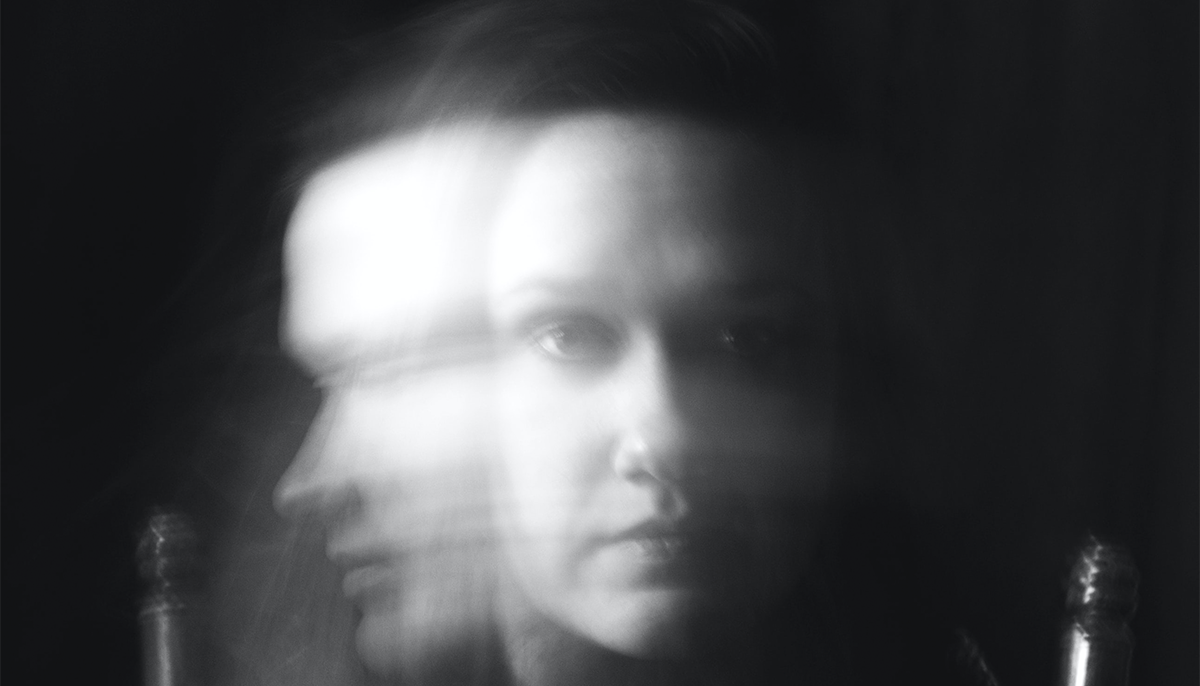Although my meditation practice has undoubtedly reduced my suffering, it has sometimes come at a high cost, because meditation has brought on some very painful and unstable psychological states. How can I meditate without leading to another destabilizing “dark night”?
Josh Bartok: Buddhist meditation—though powerful, transformative, and liberating—is not a cure-all. It is not, for instance, a reliable treatment for diabetes, and it has limited utility for setting a broken leg. Similarly, don’t imagine you can use meditation as a replacement for the psychological work of therapy or for lasting management of a psychiatric illness with biological underpinnings, like bipolar depression. Trying to apply meditation in these ways is “spiritual bypassing.” It is ineffective and dangerous, and can actually amplify suffering—for both yourself and others.
Practice patience: this path ultimately unfolds beyond space and time for all of us.
When destabilization arises out of meditation (or when you’re using meditation to forcefully clamp down on destability), this is an indication of important work to be done in other domains. If such things arise for you, take great care—and don’t try to go it alone. Seek out and be open with a reputable, psychologically sophisticated meditation teacher who appreciates the value and differential role of psychotherapy and does not teach (or practice!) spiritual bypassing. And seek out a therapist who will not encourage or collude with it.
Practice moderation in meditation, in both intensity and duration. You may benefit from taking a break from meditation for some period of time—even years—as you metabolize psychologically charged challenges and your karmic history in the context of therapy. Don’t imagine that intensive retreats or monastic-style meditation is the only way to live a dharma life or to actualize the bodhisattva’s vow to save all beings. And practice patience: this path ultimately unfolds beyond space and time for all of us.
Read more from our #MeditationHacks series…
[tag_groups_post_list tag__in=73585 posts_per_page=13]

